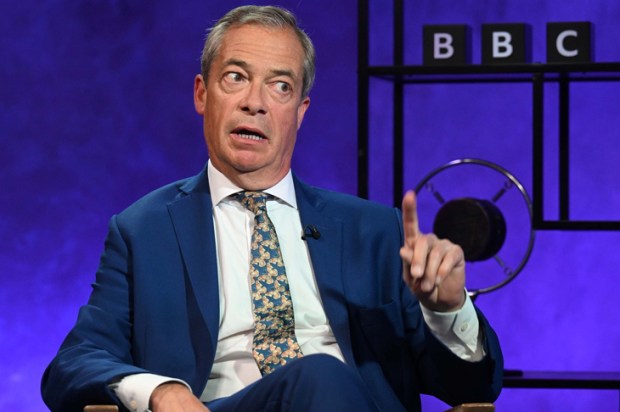In 2013, Cameron and Tyler Winklevoss filed the first application to operate a bitcoin exchange-traded fund in the US. The same year, the US-listed Grayscale Bitcoin Trust, which indirectly holds bitcoin, began trading – the trust owns shares in trusts that hold bitcoin. These actions were part of a push to popularise the ability to pay over the internet by computer code (rather than moving money electronically in bank-to-bank wire transfers).
Already a subscriber? Log in
Subscribe for just $2 a week
Try a month of The Spectator Australia absolutely free and without commitment. Not only that but – if you choose to continue – you’ll pay just $2 a week for your first year.
- Unlimited access to spectator.com.au and app
- The weekly edition on the Spectator Australia app
- Spectator podcasts and newsletters
- Full access to spectator.co.uk
Or
Unlock this article
You might disagree with half of it, but you’ll enjoy reading all of it. Try your first month for free, then just $2 a week for the remainder of your first year.














Comments
Don't miss out
Join the conversation with other Spectator Australia readers. Subscribe to leave a comment.
SUBSCRIBEAlready a subscriber? Log in